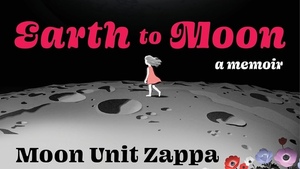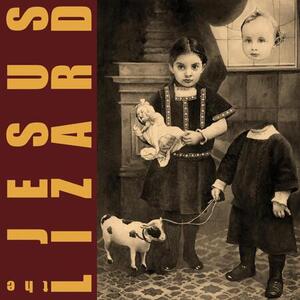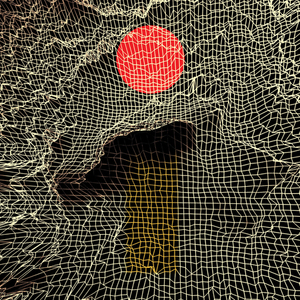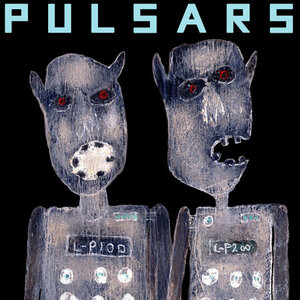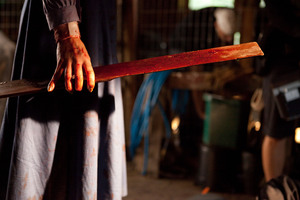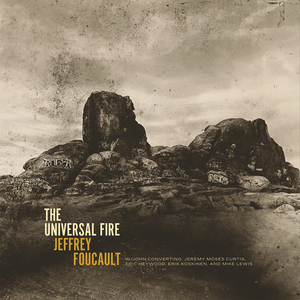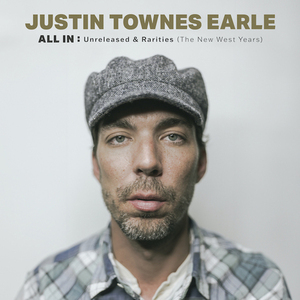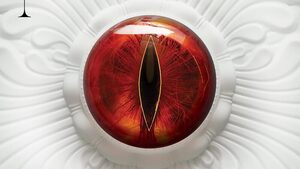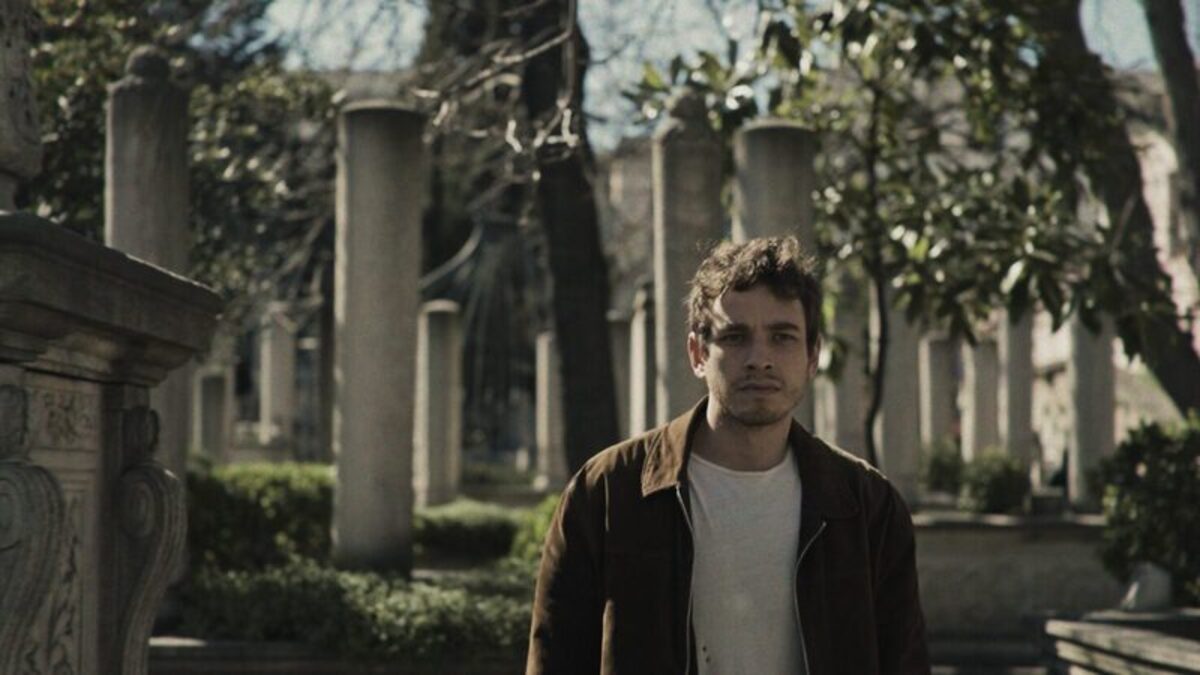
New Dawn Fades
directed by Gürcan Keltek
starring Cem Yiğit Üzümoğlu, Erol Babaoğlu, Suzan Kardeş, Ayla Algan
We were first introduced to Gürcan Keltek’s work through Meteors (Meteorlar), his accomplished hybrid documentary from 2017 that captured growing conflicts in Turkey while connecting them to a broader, underlying ebb and flow of violence and peace seen in nature on Earth and in the universe beyond. Meteors proved Keltek’s distinctive approach. He could take what is immediately registered as important and unique from our human-centric perspective, strip away our anthropocentric tendencies, and reveal the foundational, basic forces that have long influenced and modulated all life and natural systems, thus rendering the conflicts currently seen into instances of a historical pattern of conflict that continues to repeat itself everyday.
For his follow up, Keltek narrowed the scope of his focus to a single subject. His short from 2018, Gulyabani, focused on clairvoyant Fethiye Sessiz and her plight as a victim of kidnapping and torture as told through the use of ethereal visuals and narration of Sessiz’s diary entries and letters to her son. Though the inspiration for Keltek’s latest film, New Dawn Fades (Yeni șafak solarken), which had its world premiere in the Concorso Internazionale section of this year’s Locarno Film Festival, emerged before Meteors and Gulyabani, it benefits from and expands on the methods and approaches developed in both films.
In 2015, Keltek began recording conversations with Akın Altın, an emotionally disturbed man, for the purpose of a documentary project about the recurring and transient nature of episodes of mental illness, but the director opted to shelve the project due to the deteriorating condition of Altın during a period of observation. Several years later, to create New Dawn Fades, Keltek returned to those recordings and combined them with the research he was doing on a group of doctors and physicians who started an occult, spiritualist movement in Turkey in the 1940s along with ideas from The Divine Order and the Universe, a key text for the occult movement during the beginning of the Turkish Republic written by the philosopher and clairvoyant Bedri Ruhselman.
New Dawn Fades features a fictionalized portrayal of the aforementioned Akın, effectively portrayed by actor Cem Yiğit Üzümoğlu. For the entirety of the film, we follow Akın during the first three days after his release from a mental health facility. Restricted to his family’s house and consumed by remorse over the horrific legacy of his father—whom he refers to as the “Butcher of Belgrade”—Akın initially only leaves the house to visit Istanbul’s houses of worship in what appears to be an effort to find comfort in religion to appease his inner suffering.
As Akın gradually separates from reality and his path leads him away from institutionalized religion and towards more ancient forms of Paganism, we find ourselves more empathetic to his predicament thanks to the skillful lensing of cinematographer Peter Zeitlinger, who acts as a careful observer, inconspicuously capturing Akın’s attempts to bond with the intrinsic message of Istanbul’s monuments and the people whom he stumbles upon from his past such as a fellow patient from his mental hospital stay, a doctor who believes that he can still help Akın, and a former romantic interest. These moments of failed connections are shot in lengthy takes with a documentary-style that benefits from Zeitlinger’s lack of imposed perspective and, as Keltek disclosed in a Locarno interview, provided his performers the freedom to react however they saw fit. These passive techniques are skillfully mixed with an experimental sound design of varying noise intensities and a sophisticated electronic score by Son of Philip to create a feeling of unease in the audience that seems to mirror Akın’s tormentous, but mostly silent, inner monologue.
In the attempt to heal himself, Akın travels to and from the disparate religions and spiritual influences across eras in Istanbul, all of which are detectable to him. However, this capacity to notice and absorb all of these forces further isolates Akın and begins to create a delusional belief that he is a prophet or someone more divine because he can see beyond the normal human eye, raising a larger question regarding the lucidity of madness. Akın is on the verge of believing that he is a prophet, and this belief does not seem completely unfounded because of Keltek’s free-flowing narrative structure, Zeitlinger’s documentary lens, and Son of Philip’s other-worldly sounds. New Dawn Fades is not about explaining why a messianic vision emerged in a single person, and instead, it shows you how such a vision could arise by placing us in Akın’s environment and allowing us to react as he does the same.
Since ancient times, philosophers have proposed meanings behind bouts of madness. In New Dawn Fades, Akın’s mania serves as a means of experiencing the convergence of Istanbul’s psychological and cultural past with present day practices and conventions. Ancient, Byzantine, Ottoman, and contemporary times collide and coexist in Istanbul, and Akın’s dysfunction takes him through the beliefs of each of these eras in search of the ones that will suit him and bring him peace, a pursuit which, unfortunately, may have no end.
As we viewed New Dawn Fades, we noticed themes that harkened back to director Matías Meyer’s most recent work, Louis Riel, or Heaven Touches the Earth, for both films present uncompromised, disciplined studies into central figures intermittently seeking divinity and experiencing madness while remaining connected to specific geographies. Back in June of this year, we sat down with Meyer to discuss his film, an intimate portrayal of the imprisonment of the titular religious zealot and political leader of the Métis people as he awaited his execution by the Canadian government for treason. Drawing from Riel’s own writings during this period, Meyer effectively created a complex, symbiotic relationship between Riel’s confinement, the pastoral setting around his prison cell, his fragile mental state, and his complex relationship with God, as well as the Catholic church, as he faced his own mortality.
Both Meyer’s and Keltek’s films eschew formal structure for the experiential. In turn, both Louis Riel, or Heaven Touches the Earth and New Dawn Fades navigate the intricacies of their protagonists’ relationship with their environment and with divine forces primarily through observations and reactions that reveal the composite identities of each protagonist in ways that he may not be able to articulate himself. With Louis Riel for Meyer and Akın for Keltek, the directors guide us through the process of seeking a higher calling through unstable eyes/minds, forcing us to look inward and outward in order to understand how identities are formed by inherent character, shaped by external forces, and disturbed by moments when the two conflict.
New Dawn Fades is currently on the festival circuit. Featured photo courtesy of Heretic.

